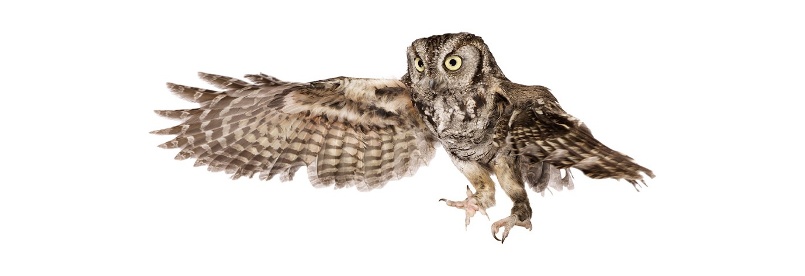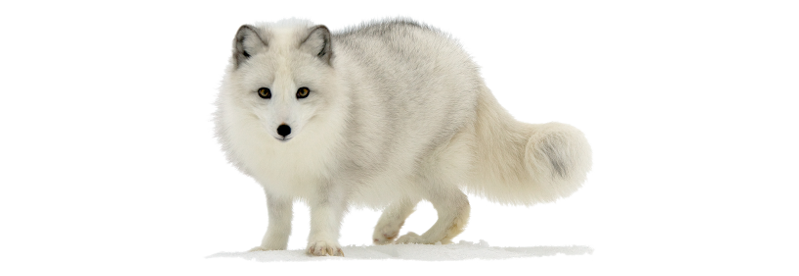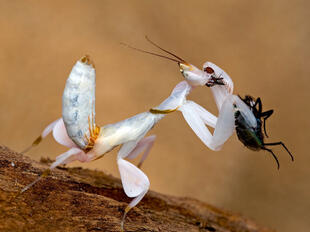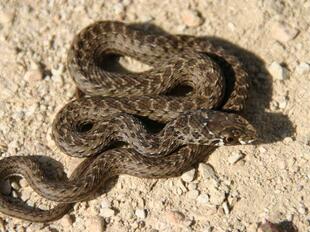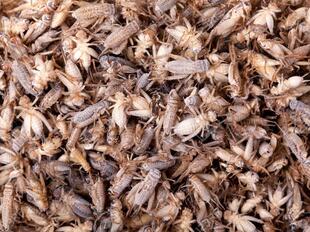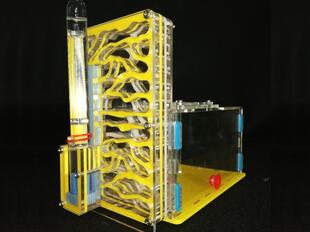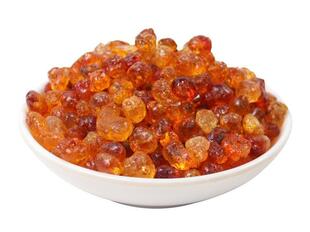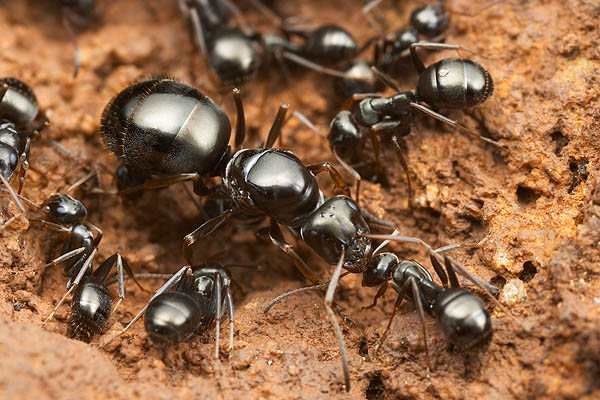
Common black colored (Formica fusca)
Phylum — arthropoda
Class — insecta
Order — hymenoptera
Family — formicidae
Genus – formica
Appearance
Formica fusca is a dark-bodied species, 4-7 mm long. The workers are large, at 8–10 millimetres (0.3–0.4 in) long.
Habitat
The range within the Palearctic region extends from Portugal in the west to Japan in the east and from Italy in the south to Fennoscandia in the north.
Behavior
Colonies are facultatively polygynous (though weakly so); though the queens coexist amicably, contribution to the brood tends to be unequal. Nests are usually small, containing 500–2,000 workers.
The workers are large, fast moving, though timid. To ensure that non-nest mate eggs are not reared, these workers will engage in a process known as worker policing.
Diet
The food is mixed. Feed on aphids, and live both on trees and on herbaceous plants. It feeds on the corpses of insects, but sometimes attacks the living.
Reproduction
Alate (winged) forms are produced in June/July and nuptial flights are in July/August.
Nests are sited in open woodland, woodland verges, heaths and moorland.
In captivity
The lifespan of workers is 3-5 years, the one of females is up to 20 years, males die after mating.
The species is easy to be kept, but it is undesirable as the first type of ants because there may be problems with maintaining humidity. The humidity should be increased by 98%, but if there is an excess of moisture, the ants will take out the cocoons to dry, and if there is a lack of it, the eggs and larvae will be closer to the drinking bowl.
Wintering is also desirable because it contributes to the normal development of the colony. The temperature should be 28-29 oC.
The formicarium is preferably sandy, it is more convenient for the larvae to weave cocoons in it.
The food consists of protein (egg white, insects), as well as sugar or honey syrup.
It is not recommended to give ants insects not from a special shop, they can be infected with a tick or various parasites. Use feed insects from the pet store, or which you breed yourself.
 Russian
Russian
 English
English

















